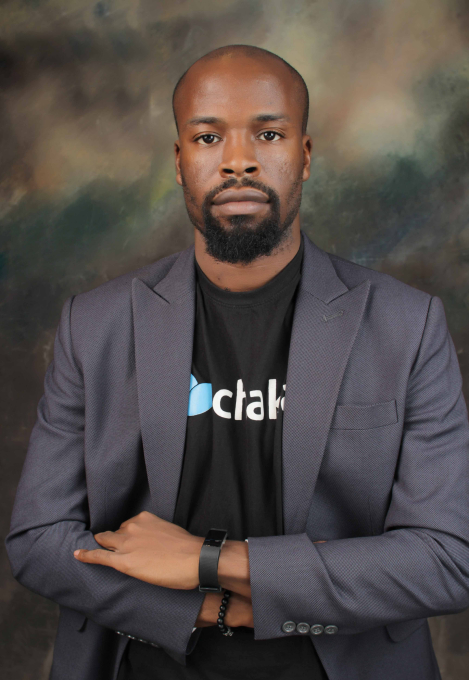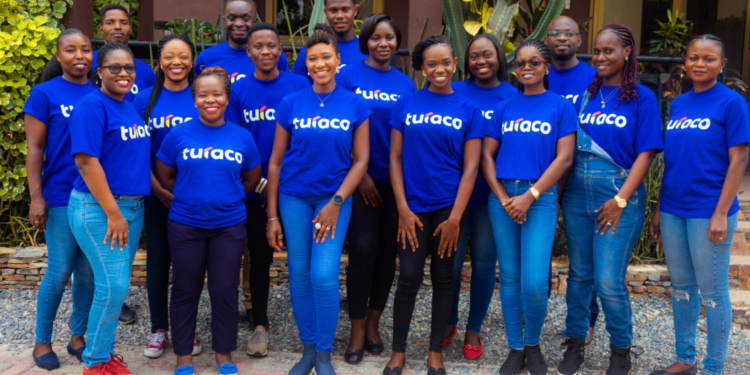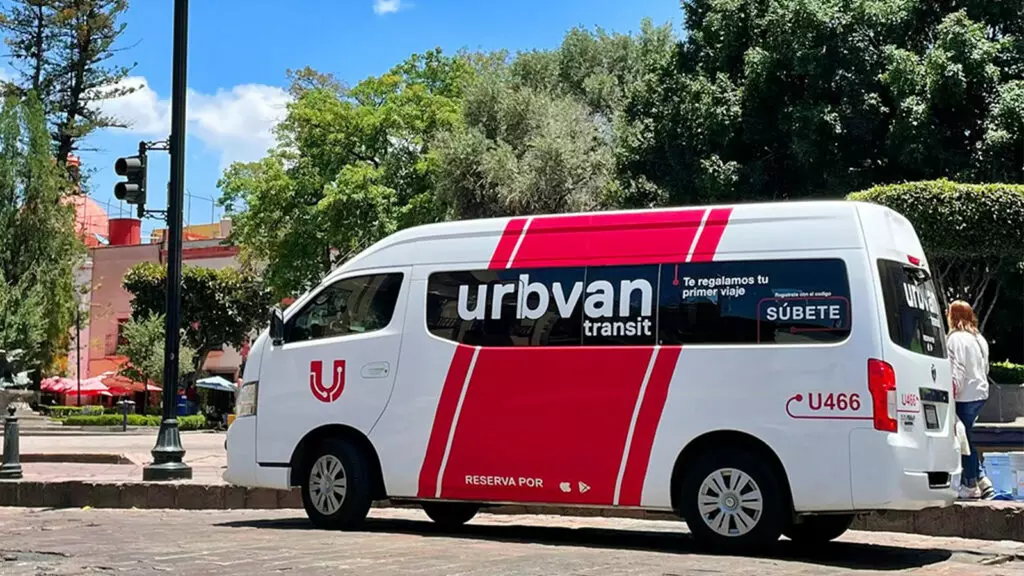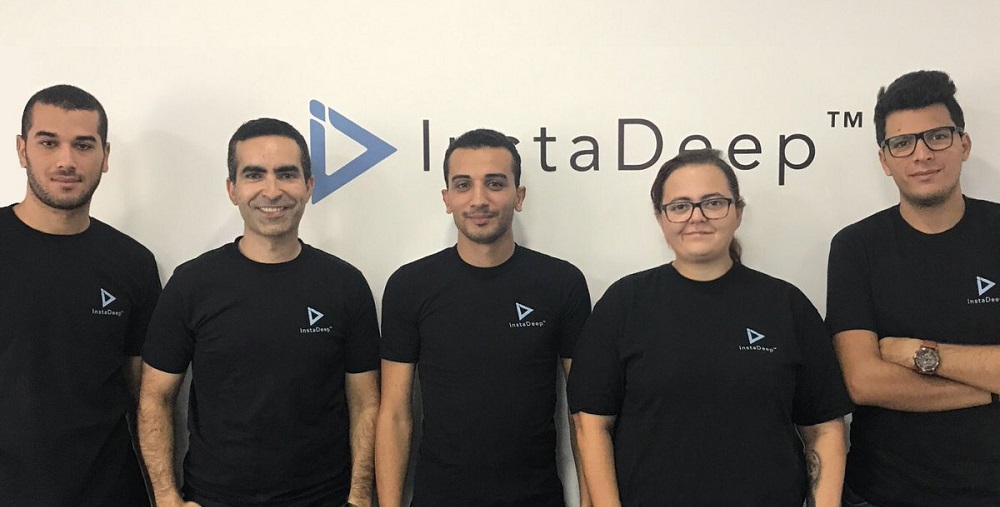Ivorian Logistics Startup Yobante Express Expands to Morocco and MENA
In a groundbreaking development that promises to reshape the logistics landscape across the Middle East and North Africa, Yobante Express (YES), a pioneering African logistics technology startup, has announced a strategic partnership with SAPRESS Logistique & Messagerie, a subsidiary of the Edito Group.
This significant collaboration signifies YES’s expansion into the vibrant Moroccan and MENA (Middle East and North Africa) markets, while also facilitating SAPRESS’s entry into the fast-growing Sub-Saharan African market.

Under the visionary leadership of co-founder and CEO Oumar Basse, YES has redefined regional logistics by merging ancient wisdom with cutting-edge technology. The company seamlessly integrates a 5,000-year-old form of shipment with a state-of-the-art technology platform, ensuring unmatched efficiency, affordability, and delivery speed within cities, between cities, and across countries.
read also South Africa’s Tripplo Poised to Disrupt Logistics with $1.8M Investment
With a vast network spanning over 24 African markets, YES operates through 11 offices and a robust mesh network comprising more than 4,000 hubs and 3,500 carriers. This extensive network guarantees swifter, cost-effective, secure, and traceable deliveries, catering to a diverse range of e-commerce, retailers, enterprises, and individual customers.
SAPRESS Logistique & Messagerie, a result of the merger between Sapress and Sochepress, boasts a rich legacy dating back to the 1920s. With significant support from major institutional and financial entities in Morocco, including Banque Populaire, CIMR, and Mamda, the Edito Group has established itself as a formidable player in the logistics sector.
The collaboration between YES and SAPRESS Logistique & Messagerie is expected to facilitate over 2,000 daily deliveries within the initial months, marking a transformative milestone for both companies. The pilot phase, scheduled to commence in November 2023, aims to further enhance its capabilities with the active involvement of Blassa, a company backed by 500 Global that addresses the challenge of delivery failures across the Middle East & Africa.
Blassa, with its streamlined address verification and enhanced delivery information, ensures precise drop-offs through its extensive network of shoppers with verified profiles. By resolving recipient location ambiguities, Blassa plays a vital role in ensuring successful deliveries, reducing losses, and enhancing customer satisfaction.
read also Tunisian Fintech Startup My Easy Transfer Attracts $422K Investment to Empower the Tunisian Diaspora
CEO Oumar Basse has expressed YES’s ambitions beyond the MENA region, with the company venturing into the Southeast Asian market through a pioneering pilot project in Vietnam. This move solidifies YES’s position as the first African tech logistics company to expand its operations into Southeast Asia, marking a historic moment in the industry.
Furthermore, YES is actively pursuing its Series A funding round, aiming to propel the company to new heights and realize its ambitious objectives. As it continues to expand, YES remains committed to reshaping the logistics industry through innovative approaches and strategic partnerships.
Yobante Express
Charles Rapulu Udoh

Charles Rapulu Udoh is a Lagos-based lawyer, who has several years of experience working in Africa’s burgeoning tech startup industry. He has closed multi-million dollar deals bordering on venture capital, private equity, intellectual property (trademark, patent or design, etc.), mergers and acquisitions, in countries such as in the Delaware, New York, UK, Singapore, British Virgin Islands, South Africa, Nigeria etc. He’s also a corporate governance and cross-border data privacy and tax expert.
As an award-winning writer and researcher, he is passionate about telling the African startup story, and is one of the continent’s pioneers in this regard



















